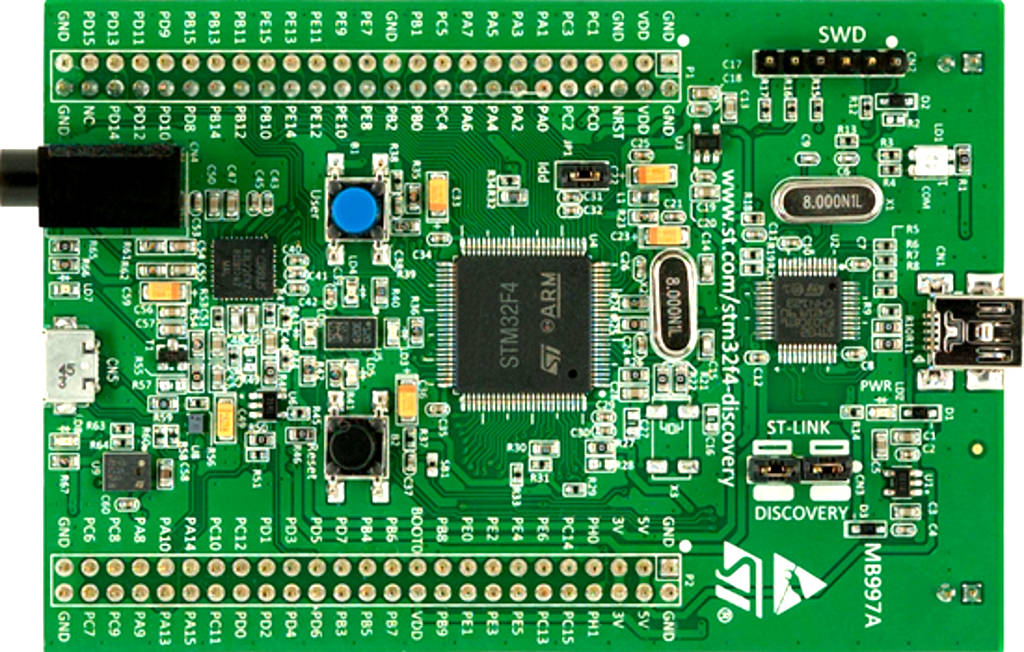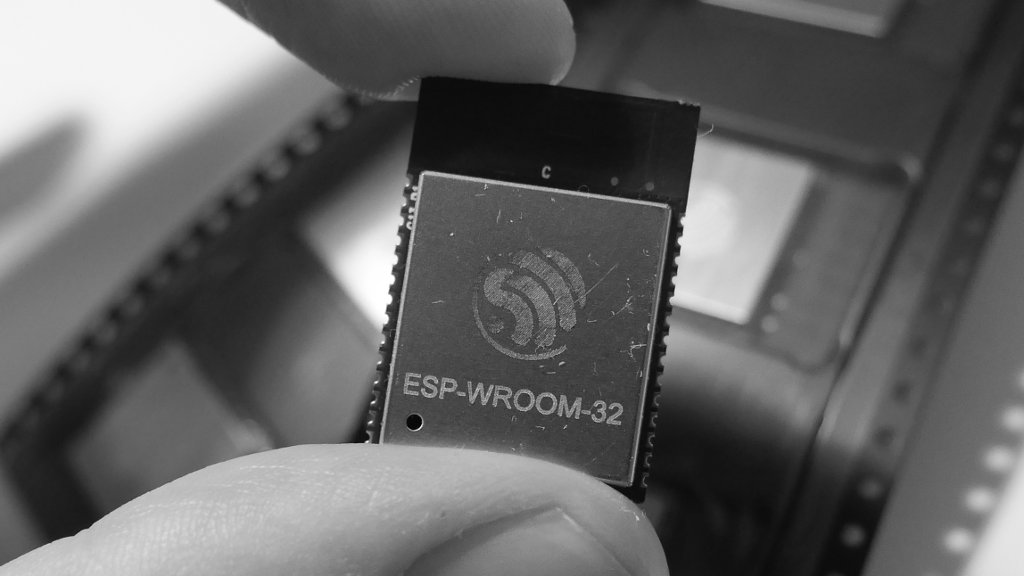Microcontrollers and basic bit-level operations
Why it’s so important to know how it works? Well, if you’re making a software for microcontrollers you have to use it in many places in the code to for example manipulate table of processor registers. It also helps to make the program smaller, much faster and allows to perform neat tricks (this isn’t always … Read more




